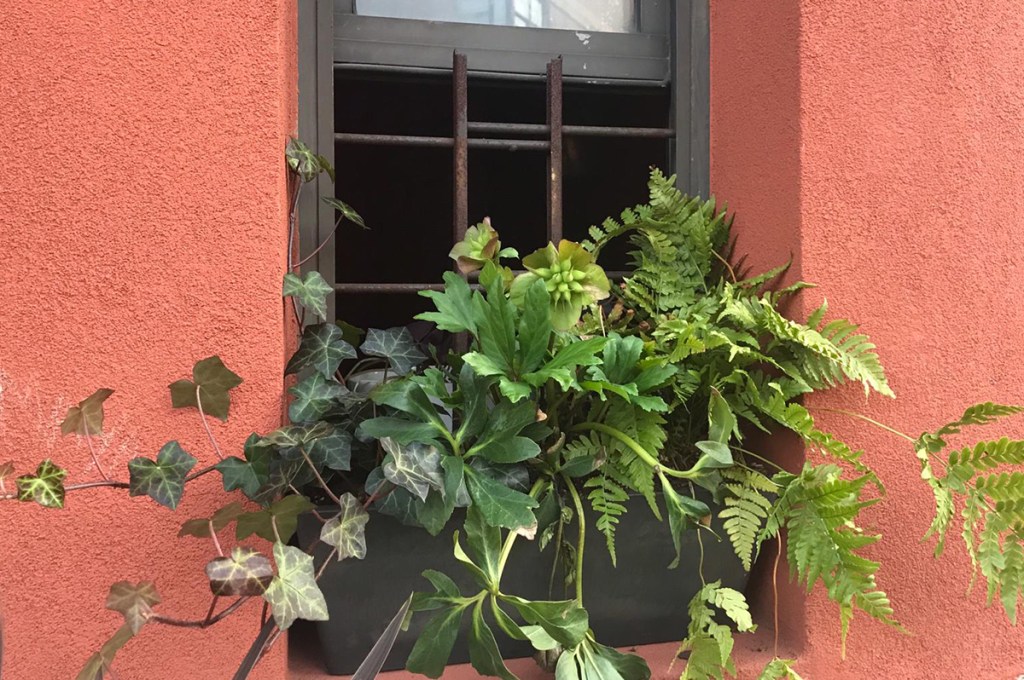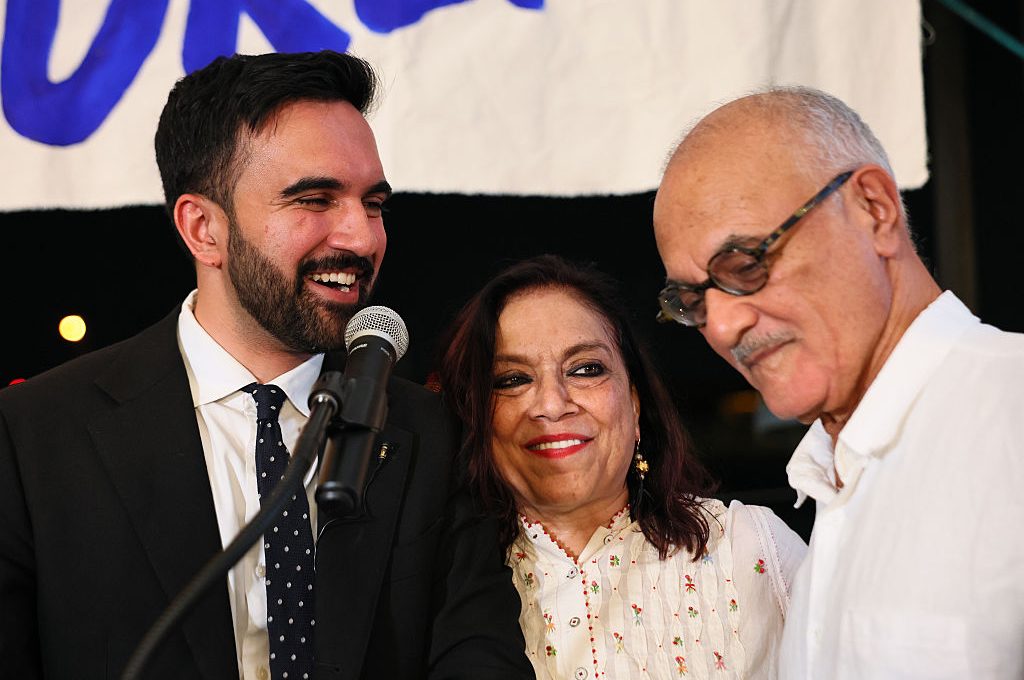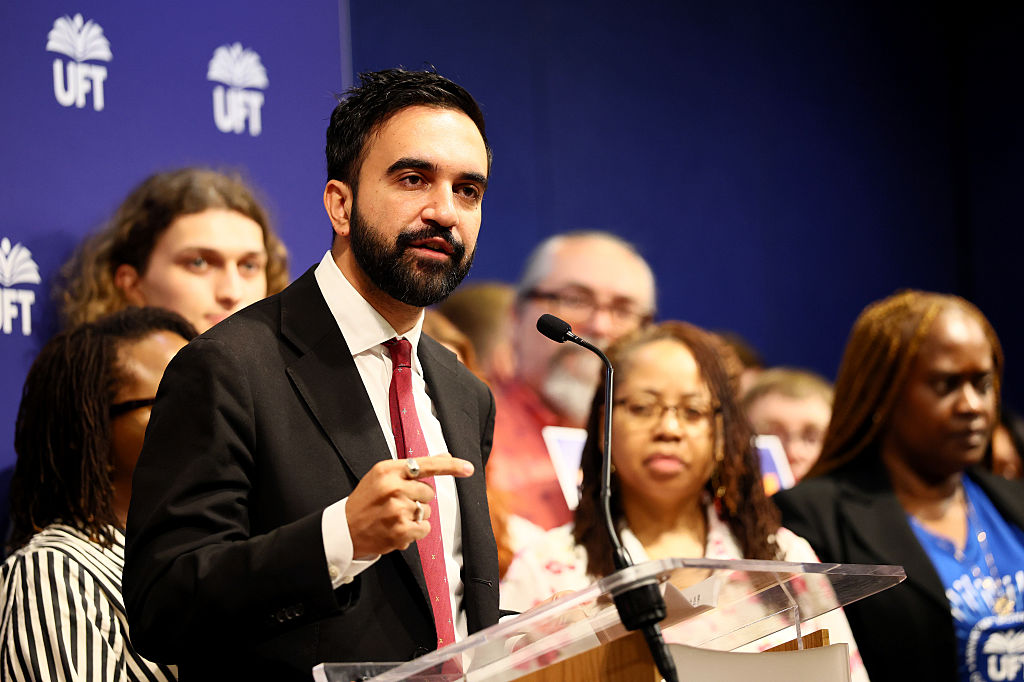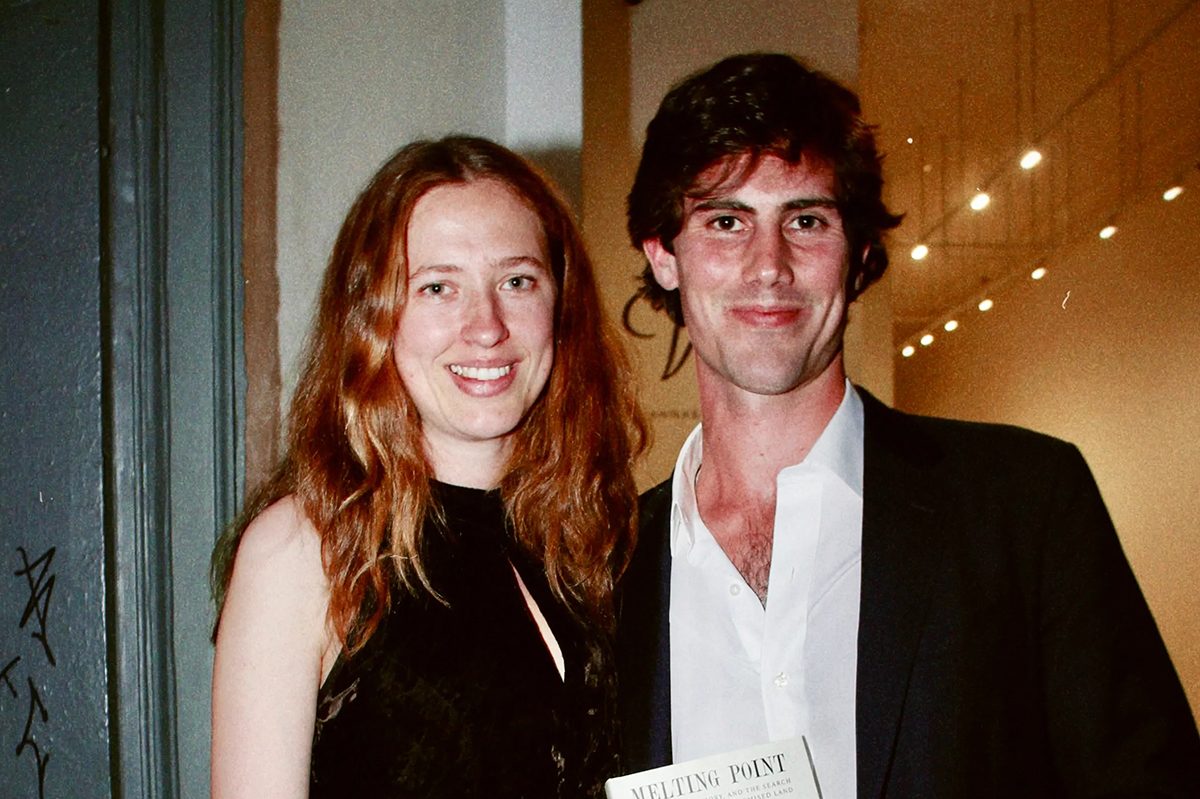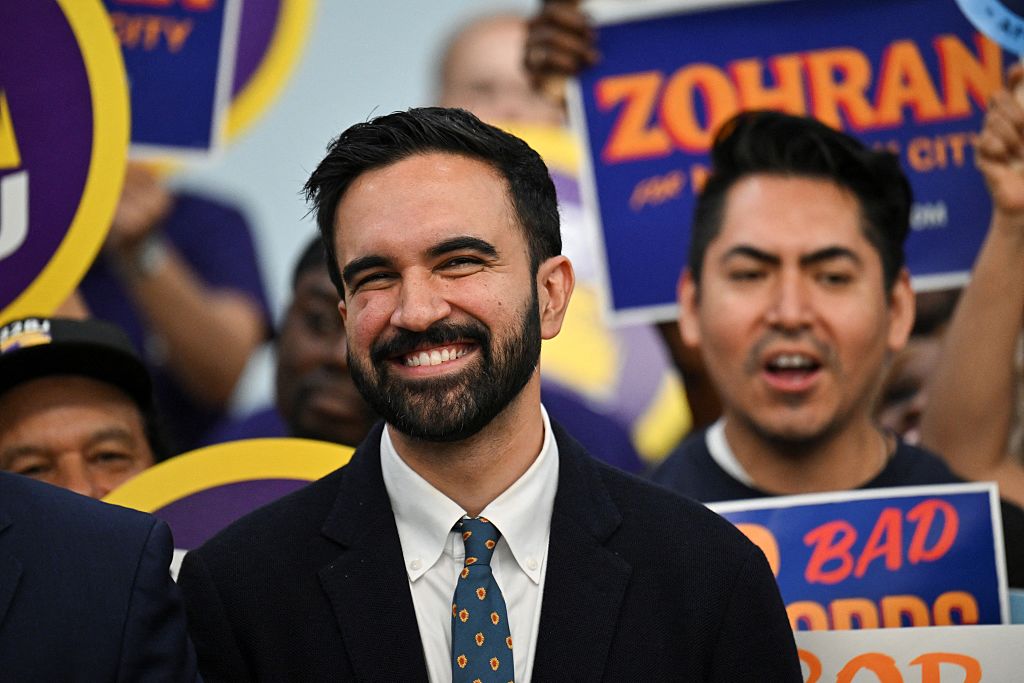Brooklyn
I live on a grim block. Each year another glass-and-steel human filing cabinet, billed by developers as ‘luxury living’ and so sterile you could perform surgery inside, sprouts up to accommodate the millennial hordes charging into neoliberalism’s hippest zip code. These residences have names like The Edge, or The Brooklyn, or The Douchebag. They’re crumbling before anyone has even moved in. The sun-bleached, warped particleboard facades must be constantly replaced. A strong wind hurls Styrofoam paneling, used to resemble concrete or stucco, onto the streets, and rain streaks the aluminum paneling with brown sludge that bakes into a stain. The coolest people you know live inside — spoiled, narcissistic, toddler jet-setters who prattle on about the best restaurants in Los Angeles or Berlin and travel along the Coachella-Tulum-SXSW circuit. They are, what British journalist David Goodhart might call, The Anywheres — a portable class of people with identities based on education and career who stand in the new political paradigm at opposition with The Somewheres, rooted people with more ascribed identities.
There are two exceptions to The Anywheres on my block, a neighborhood once entirely made up of Somewheres. There’s the black Baptist church a couple doors down. Each Sunday morning with the doors flung open, little old ladies in grand hats shuffling along the sidewalk, and song spilling onto the street, it seems to remind all those Anywheres — who do not live in New York, or in this particular corner of Brooklyn, but are merely ‘based’ here — that something existed before they came along and, in ever diminishing numbers, still does.
There’s also the lady in apartment #1 of next door, who I’ve never met and never even seen. She occupies the adjacent apartment to me in an identical building. In late September the gourds, the corn stalks, the scarecrows, the pumpkin lights, and the inflatable monsters appear on her stoop. On November 1, the turkeys come out and then, by December, a brilliant winter wonderland occupies the tiny cement slab outside her front room windows. It’s not just winter, every month there’s something and each one makes me smile. Of the dozens and dozens of apartments on my block, her little stoop is the only visible sign that someone actually lives here, and proudly so. A couple weeks ago, as the shamrocks and leprechauns went back into the closet and the bunnies and pastel eggs re-appeared, my neighbor set a basket of pansies on her windowsill. As a great lover of plants, my first thought was, those pansies aren’t going to do very well in this light — should have gone with begonias.
I’ve lived in this apartment for seven years and each spring I say I’m going to plant my own flower boxes. Then summer comes around, it’s too late, and you wonder how much longer you’re really going to live here anyway. But under quarantine, sick of cleaning out closets, ordering new furniture, and wiping the counter tops over and over, seeing my neighbor’s pansies I went straight to the garden center up the road picked up a box, some dirt, and a few shade-loving perennials (English ivy, Japanese painted fern, and helleborus). A week, four new boxes and 15 new plants later, the slab where the trash cans usually sit, looks great. I was outside fussing with one of the pots when a man with a hearty gut, bushy gray beard and long ponytail I’d seen around the block over the years stopped to admire. ‘That looks really nice’, he said. ‘Have you seen my wife’s flowers?’
‘Oh, the pansies?’ I said. ‘I love what she does out there’.
‘She’s got something for every season’, he laughed. ‘At Christmas she even does all the hallways inside the building. You should come over next year and she’ll show you,’ he said.
The next morning, when I took out the garbage, which is becoming the most exciting part of my day, he was outside again, working on his motorbike, and we chatted more. The garden has made the whole building pop. Someone is proud to live here. Upstairs neighbors I’ve never seen before have commented how much they like it as they’re coming and going when I’m outside. I’ve not only been gardening and redecorating, but cooking, something I did maybe once a year previously. My friend Alex, almost daily, sends me recipes for the slow cooker. I call him from the grocery store with questions. Each day around 5 p.m., we crack open a beer and have happy hour over the phone. New York is a superhighway of migratory birds this time of year. The mockingbirds are mimicking cell phones and car alarms at night. I’ve identified a white-throated sparrow hanging around my apartment by its three-note call. The cardinals are also passing through. The same male and female pair has stopped off in in my back yard for a couple weeks, twice a year, since the winter of 2015. Quarantine life has been, dare I say it, really nice, and I’m not the only one who thinks so.
Just like in the days after 9/11, people in New York are more gracious and friendlier. They’re smiling at each other on the street, although, sometimes you can only tell by the crinkling around their eyes above their surgical masks. The Anywheres, forced for the first time in their life to be exactly somewhere, are realizing there might not be any Burning Man selfies this year, and maybe that’s not the end of the world. New York, in a tiny way, is becoming a place once again where people actually live, and don’t merely pass through, and where neighbors make small talk, even if out of complete desperation for some kind of human interaction.
Women, particularly of the career-minded liberal variety, are staying at home, cooking, cleaning, spending time with the kids and, most importantly, realizing they actually enjoy it. In my own subculture, the homosexuals, an entire generation raised on PrEP, Grindr, and polyamory are discovering they don’t need to spend every moment in the gym and every night gobbling strange and drinking in bars.
My mother in Tennessee texted me the other day. ‘I have never since living in this neighborhood seen any kids outside. You can hear kids and adults talking, families taking walks, even with the teenagers. A couple of high school boys come by the house frequently dribbling their basketballs. There’s a house at the end of the street when I walk the dogs, the father is pitching ball with his two sons. There’s a lady three doors down, she sings with the window open at night and someone who appears to be her son is playing the guitar. It’s like when y’all were kids and I was a kid’, she said.
I can’t be the only one who finds himself looking back at the last 10 years or so and thinking the way we were living our lives, individually, and as a society, was completely insane. How did we ever do it? If what my mom described is something entirely new, what sort of a nightmare had we created for ourselves before quarantine shook us out of it? When September 11 happened, the smart phone had yet to be invented. We’ve slouched toward an existence that feels like we are being perpetually electrocuted in complete isolation. I’ve noticed when I leave the house and see other quarantine-breaking rebels out for a stroll, picking up an essential item like a ceramic pot for a rhododendron bush, no one is looking at their phones.
At seven o’clock each evening New Yorkers — because they lack the ability to sing like Italians or the Spanish — shout, cheer and bang pots out their windows. They even do it on my little block. It’s a gesture of thanks to the healthcare workers out on the front lines. But that’s not what it’s really about. We’re saying hi to each other.
If some sort of great reset button has been pressed, the outcome could go either way. Amazon is wide open for business, but churches are closed. Multi-billion dollar companies are getting government bailouts, while Americans get a check for $1,200. In my neighborhood, small businesses have already posted notice that they will not be re-opening. Among them, a coffee shop I often pass by that served a ‘Leftist Espresso’ for $4.25, where Anywheres congregated one to a table, like nesting territorial water foul pecking away on their MacBooks. Ordinarily, I might feel a small sense of satisfaction at their shuttering, but not anymore. World governments have shown how easily they can completely control the population and how readily people will give up their liberties. Google is no longer embarrassed to say, as they reported last week, they are tracking cellphones in 131 countries to make sure people are staying at home.
And yet, those horrors are balanced by plenty of good news. Identity politics, which was already well on the way out, is now all but dead. The far left is scrambling for relevancy and a way to weather this crisis, confronted with the fact that absolutely no one is going to care about your pronouns after all this. They worry, what black grievance can possibly trump 10, 20, 30 million unemployed people? Even Democrats are talking about protectionism. Global supply chains are being re-examined. China is under the microscope. Open borders seem a little less great all of sudden. And, most importantly, citing the risk of disease and transmission, San Francisco has banned reusable shopping bags and brought back the old plastic ones. Bless their hearts.
Then some of us, planting our stupid little fairy gardens, are looking back at normal life a couple months ago and seeing just how strange it had become.



